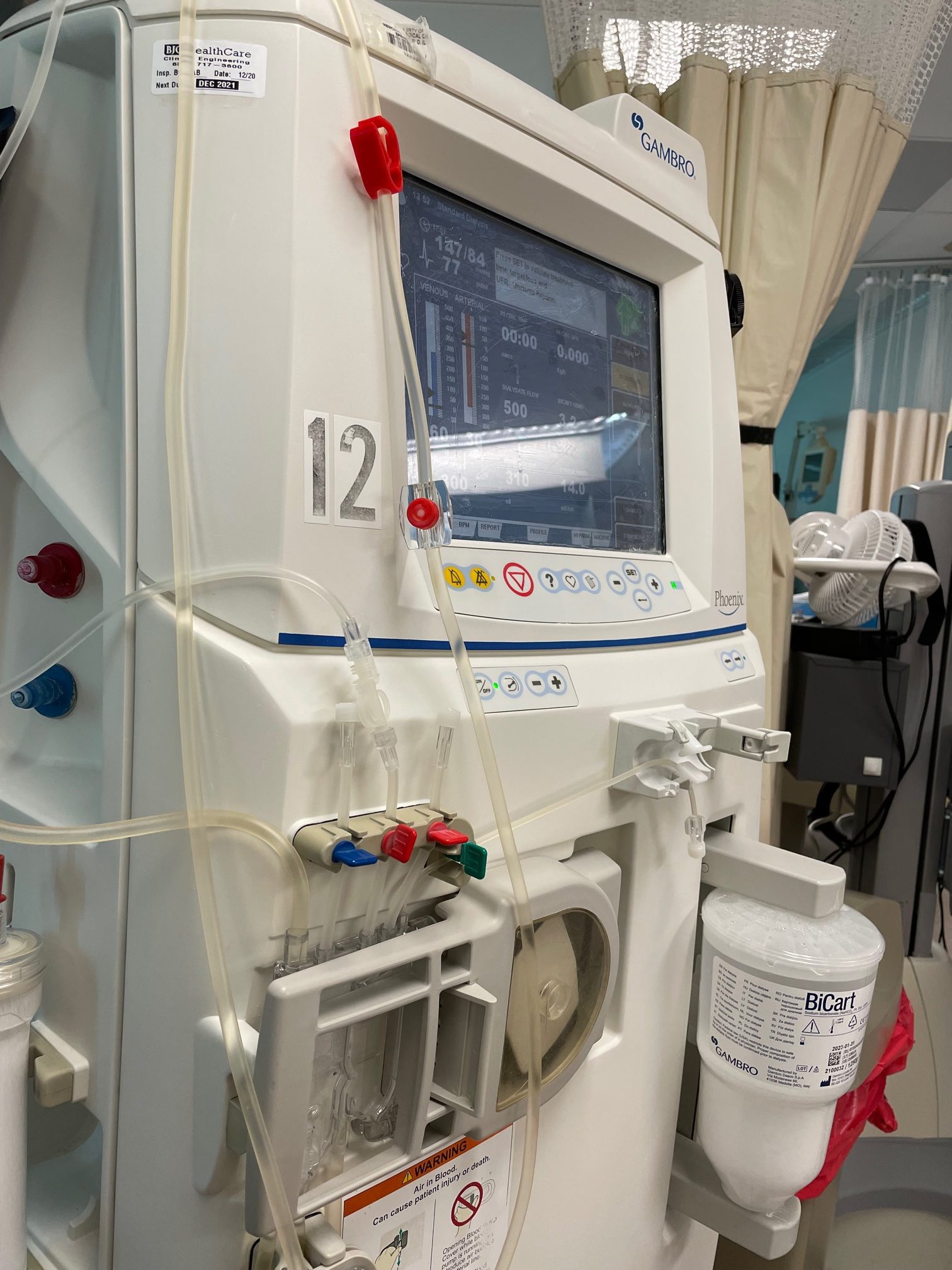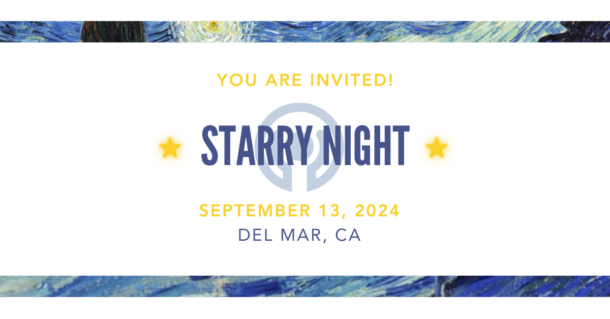Author: Natalia Beiser
Please note: These are the experiences of this writer and do not reflect the outcomes of every patient taking Lithium Carbonate.
 I have taken Lithium Carbonate since I was twenty two years old. I am now approaching my fiftieth birthday and have entered dialysis treatment. My struggle is described by diagnosticians as Lithium Induced Nephrology. This means I have cysts on my kidneys, or in my case, remaining kidney.
I have taken Lithium Carbonate since I was twenty two years old. I am now approaching my fiftieth birthday and have entered dialysis treatment. My struggle is described by diagnosticians as Lithium Induced Nephrology. This means I have cysts on my kidneys, or in my case, remaining kidney.
It was discovered when while I was in my forty seventh year that I had renal cell carcinoma. At that time, my renal function was already considered chronic. I continue to take Lithium with damaged kidneys, simply because I have literally tried all other drug combinations and have failed.
My long time psychiatrist did everything he could to wean me from Lithium with a successful outcome. He was always open with me about my kidney function. We discussed it when my kidneys becoming sluggish, and again when they were considered in the chronic stage. We always discussed the quality versus quantity of life, and I have always voted for quality of life.
I worked at a local mental health center for nearly ten years. I watched a woman that had a beautiful life with a great marriage and kids in private school be abruptly taken off of Lithium because her renal function was decreasing and her psychiatrist had removed Lithium against her will.
The woman being described had the same experience as I with Lithium being the only medication on the market that ceased psychosis. She tried also tried all other treatments available at that time. After the Lithium was discontinued, her husband divorced her, she lost her home and her children no longer acknowledge her. I met her in her group home, where she was dependent on staff and not mentally balanced enough to live independently. I fear that I could mirror her story without Lithium.
After swearing that I would not partake in dialysis because that was my version of life support, I realized that when it was time to partake, I was not ready to die. I still had living to do and still had gifts to share.
I have been on Medicare for many years. I still worry that I burden the taxpayers with my medications and treatments, and adding dialysis to the mix causes me to feel terrible on many levels.
However, I started dialysis anyway, somewhat due to peer pressure and because of strong encouragement to do so from my family. I decided to let God lead me as long as I am on dialysis.
My therapist restructured it best regarding my treatment and the associated bills. She said, “Would you be so hard on someone receiving chemotherapy treatment for cancer?” And I responded that I would not. She reminded me that dialysis as essentially the same as chemotherapy in its own rite. Those words have helped me tremendously.
Dialysis is HARD. In my experience, nephrologists are not compassionate about the psychosocial needs of a dialysis patient. I have been told that dialysis is no big deal, that it’s easy, and that people do it every day. But those same doctors have never walked in the shoes of a dialysis patient. They do not understand the struggle of overdrawing their checking account for getting something as simple as a shellac manicure, let alone how to live successfully on a Social Security check. Some people can continue to work on dialysis, while others cannot.
Dialysis is especially difficult if you are a Lithium loving woman like me. I had a psychiatrist suggest that I try to get a donor kidney. I am not a good candidate. My experience has been that if I take steroids, which go along with the drug regimen of a transplant patient, I have the tendency to become manic very quickly.
Regulating the Lithium dose has become more difficult while on dialysis. As I write this, my Lithium level is lower than desired because the nephrologist is trying to balance the dialysis fluids with my Lithium dose. I am now writing while experiencing a light hypomania in the middle of the night on a dialysis ward.
I have found so many hidden blessings while starting dialysis. I have developed a greater faith in God and in people in general. I have gathered that people do really want to help, but are nervous because they do not know what to do. In my experience, when people offer to help, they really mean it. It is difficult for me to accept help; I have always been pretty self-sufficient. I am overjoyed at the amount of the generousity that has been displayed.
Regarding dialysis treatment, my experience is that when they change the dosage rapidly, I experience severe pain. The doctors are learning how to dose my treatments. However, being in such pain is exhausting. To be frightened to get out of bed without someone else in the same room just to use the restroom is hard. Sometimes the pain is intermittent, but lasts for up to twelve hours.
I have made a decision that I believe that I will keep. If the severe pain that accompanies or persists for more than a specific period of time, I am going to request to be admitted to a hospice program. I will not give up my sanity to quit Lithium. I will not die floridly manic because of my life saving medication.
This blog is being written in honor of David Resch.


